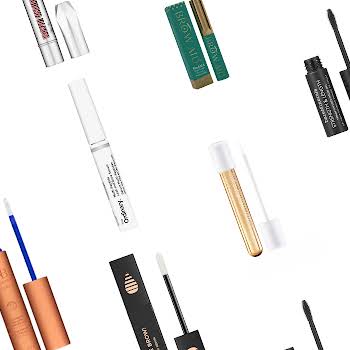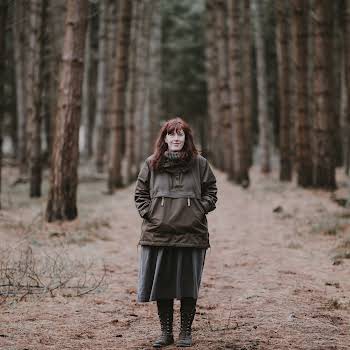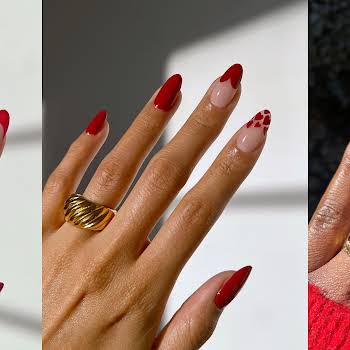By Grace McGettigan
08th Feb 2020
08th Feb 2020
One in five Irish children and one in 12 Irish adults are suffering from eczema every day. Here we shed a light on the common (and often chronic) skin affliction…
What is eczema?
The word eczema comes from the Greek word ‘ekzein’, which means ’to boil over’. According to the Irish Skin Foundation, it’s a broad term used to describe several conditions; all of which can cause the skin to become dry, itchy, inflamed or irritated. Eczema presents itself in angry red patches which can occur anywhere on the body (sometimes all over the body), and it is typically triggered by environmental factors or allergens.
All types of eczema cause itching and redness; and some will even blister, weep or peel. Although it may look contagious, eczema can’t be spread from one person to another.
There is currently no cure for eczema, but it can be easily managed to the point where it no longer interferes with your day-to-day life. Many children experience fewer flare-ups as they get older; while some adults develop it later in life, even if they never had it as a child.
Some well-known people with eczema include Adele, Nicole Kidman, Kerry Washington and Kate Middleton.
Atopic dermatitis
Atopic eczema (or atopic dermatitis) is the most common form of the condition. It usually affects people long-term; though it can improve significantly (or even clear completely), in some children as they age. While it can affect any part of the body, it most often occurs on the hands, insides of the elbows, backs of the knees, the face and scalp. Often people with atopic eczema will suffer from asthma and/or hay fever too.
Are there treatments?
Depending on the severity of your eczema, various treatments are available. Some of these are over-the-counter skincare products, others are medicinal in the form of topical, anti-inflammatory steroids.
La Roche-Posay’s Lipikar body skincare range has been specifically designed for very dry to eczema-prone skin for all the family, including babies. Made with minimalist formulas that work in partnership with the skin, the range provides immediate relief from discomfort. With regular use, La Roche-Posay says flare-ups become much less frequent.

Similarly, the Uriage XEMOSE range has been formulated to improve symptoms of eczema. It has an anti-inflammatory effect and a restructuring soothing effect; helping to relieve irritation and the desire to itch.

Some people with severe eczema choose to visit the Avène centre in France. Here they can undergo hydrotherapy treatment sessions with Avène thermal spring water. The service is personalised, with physicians recommending a particular treatment plan depending on your skin’s condition.
The baths, showers and compress treatments are suitable for anyone aged three months and over. What’s more, they are said to have anti-itching and anti-inflammatory properties.
View this post on Instagram
However, if skincare products and treatments are ineffective (or if your skin is unbearably itchy and sore), make sure to seek further advice from your GP or pharmacist.
The impact of eczema on children’s sleep
Research by La Roche-Posay (in partnership with the ISF) found childhood eczema can be a significant sleep disrupter to families across Ireland. Despite broken sleep patterns often being the first indicator of the chronic skin condition, only 12% of parents would consider it a potential cause of their child’s sleep disturbance. What’s more, almost 60% of Irish parents feel unprepared when it comes to their baby’s skincare.
David McMahon from the ISF said, “Moderate-to-severe atopic eczema takes an immense toll on people living with the condition and their families. For children and adults, flare-ups are painful, very irritating and cause a distressing, incessant itch that can make getting to sleep impossible. This is a nightmare for parents of young children with the condition (and their siblings). In many ways, eczema completely disrupts ordinary family life, causing stress that can be very difficult to cope with”.
Managing eczema day-to-day
There a few things you can do on a daily basis to reduce discomfort from eczema. First, regularly use emollients rather than cosmetic moisturisers. According to the Irish Skin Foundation, emollients help to soothe dry, itchy skin and repair the skin’s barrier; thereby preventing entry of irritants and allergens which can trigger eczema flares.
They add, “Emollients are an essential part of daily care, even when skin is clear. Emollients are moisturisers that are used in two ways; applied directly to the skin as a leave-on moisturiser, and as a soap substitute instead of soap or shower gel.” Traditional soaps can dry out the skin by stripping it of its natural oils. By swapping these products for emollients, your skin can maintain its natural moisture for longer.
Try to avoid wool and manmade fabrics where possible, as these can cause the skin to feel irritated and itchy. Opt for soft, breathable material (such as cotton) instead. If your skin does become itchy, resist the urge to scratch it, as this can break the skin barrier and lead to infection.
Lastly, antihistamines can be used during flare-ups to help manage the itching. The Health Service Executive warns to always read the label, as some antihistamines cause drowsiness and aren’t suitable for drivers.
Feature photo: Adele
Read more: These 4 key products will save your dry skin this winter
Read more: 4 homemade face masks to suit every skin type
Read more: 5 brilliant lip masks to banish chapped and flaky lips























